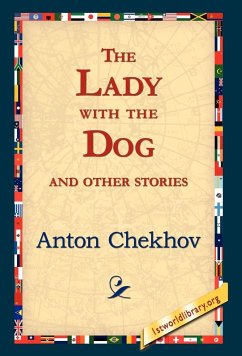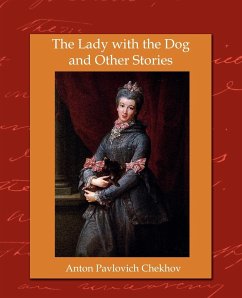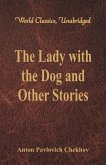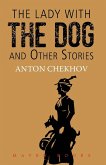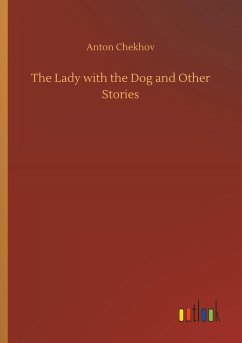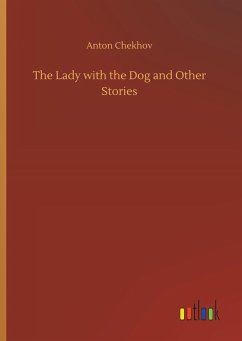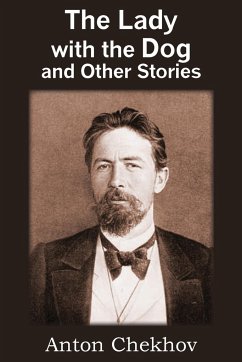IT was said that a new person had appeared on the sea-front: a lady with a little dog. Dmitri Dmitritch Gurov, who had by then been a fortnight at Yalta, and so was fairly at home there, had begun to take an interest in new arrivals. Sitting in Verney's pavilion, he saw, walking on the sea-front, a fair-haired young lady of medium height, wearing a beret; a white Pomeranian dog was running behind her. And afterwards he met her in the public gardens and in the square several times a day. She was walking alone, always wearing the same beret, and always with the same white dog; no one knew who she was, and every one called her simply "the lady with the dog."
Hinweis: Dieser Artikel kann nur an eine deutsche Lieferadresse ausgeliefert werden.
Hinweis: Dieser Artikel kann nur an eine deutsche Lieferadresse ausgeliefert werden.

